Paolo Serrau – Nothing Is to Be Taken for Granted
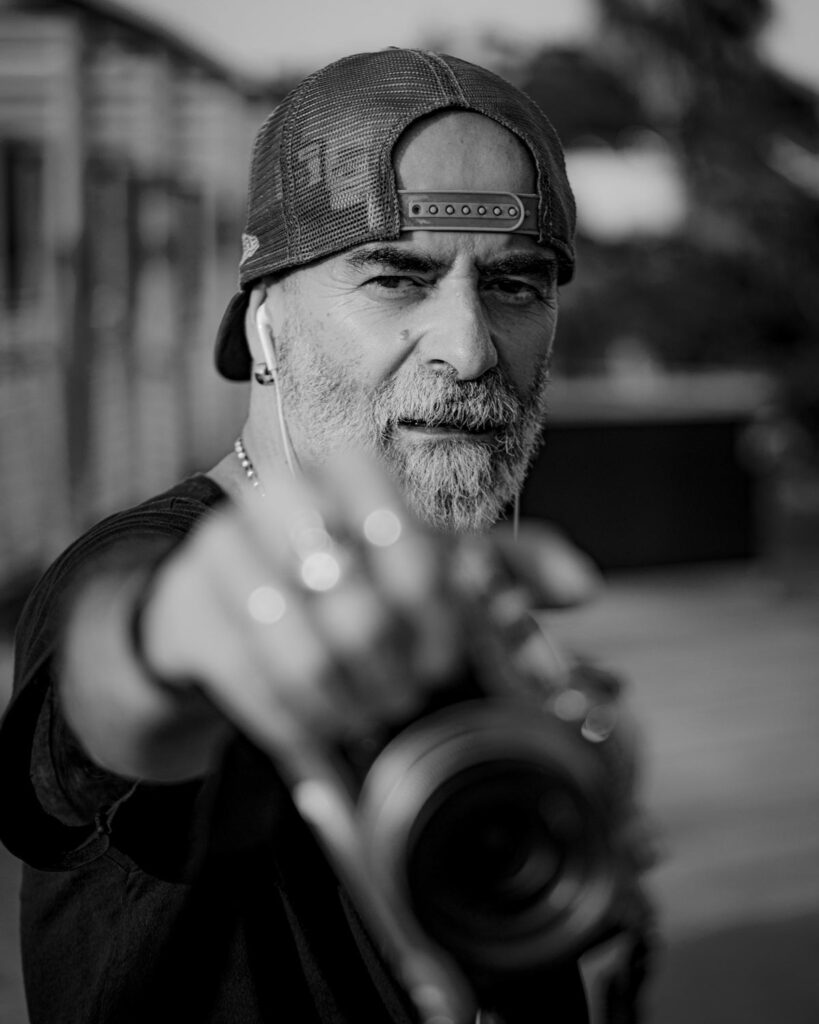
In Focus
For our first interview in the Rare Storyteller series, we sit down with Paolo Serrau – a photographer whose work is rooted in light, shadow, and memory. Born in Southern Italy in the 1970s, Paolo’s lens is shaped by a childhood of sunlight and silence, the loss of his father, and an enduring search for emotion in every frame. His images, often defined by stark contrasts and deep blacks, are not just photographs but questions – attempts to understand beauty, fragility, and the passing of time.
In this conversation, Paolo reflects on the lessons life has given him, the moments he chose not to photograph, and the philosophy that keeps him chasing the next image.
In this conversation, Paolo reflects on the lessons life has given him, the moments he chose not to photograph, and the philosophy that keeps him chasing the next image.
Beginnings
What parts of your childhood shaped how you see the world today?
I spent the first nine years of my life in Southern Italy, back in the 1970s. It was a happy childhood – full of light, time, and places that felt untouched. Those years gave me a deep connection to the everyday poetry of life.
What has life taught you outside of photography that finds its way into your work?
To always be kind. To show respect – for people, for time, for stories. And to be generous. Photography, for me, is an act of generosity.
Who or what has changed your way of seeing the most in life?
The death of my father. It was a painful rupture – a moment that changed everything. It marked me forever.
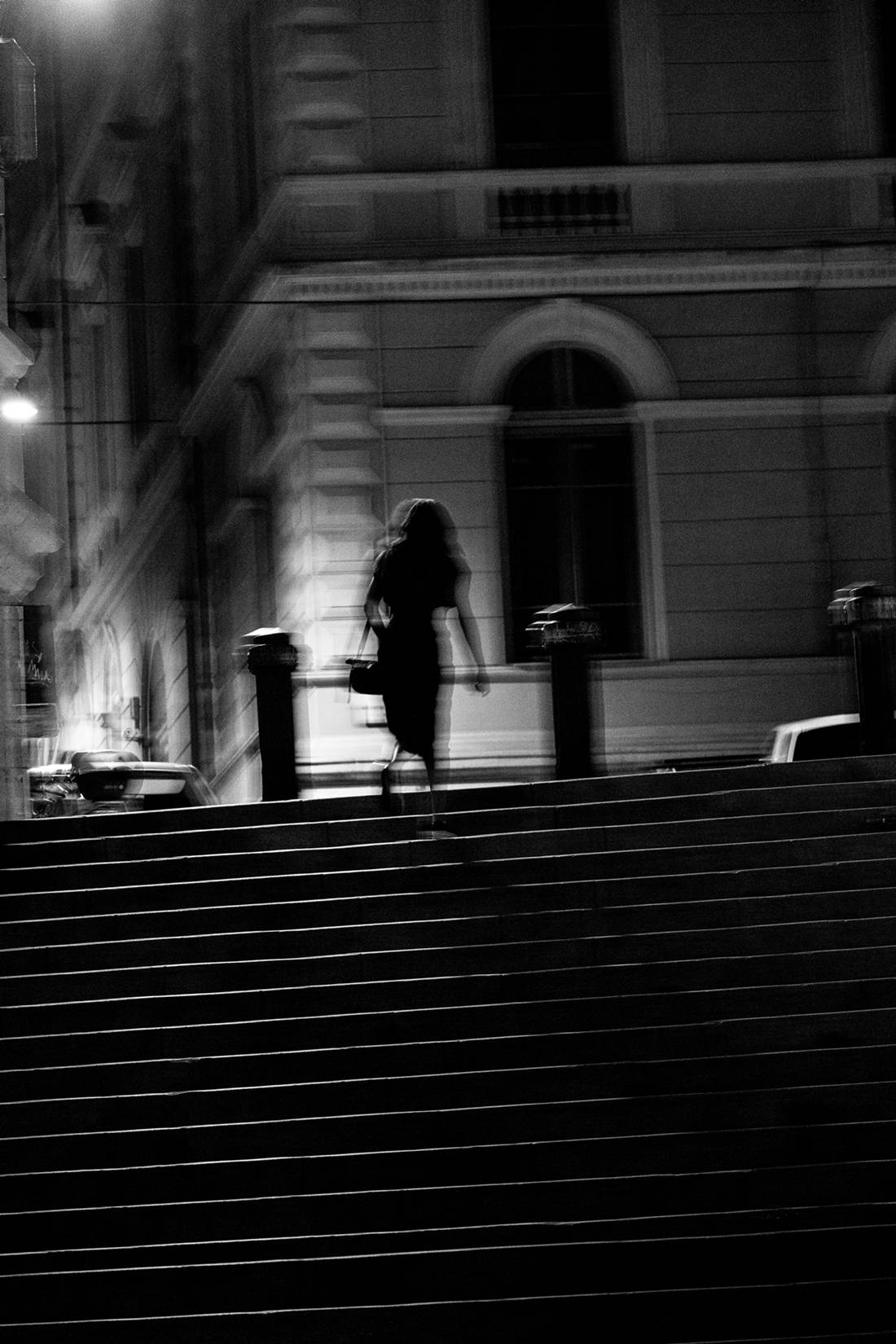
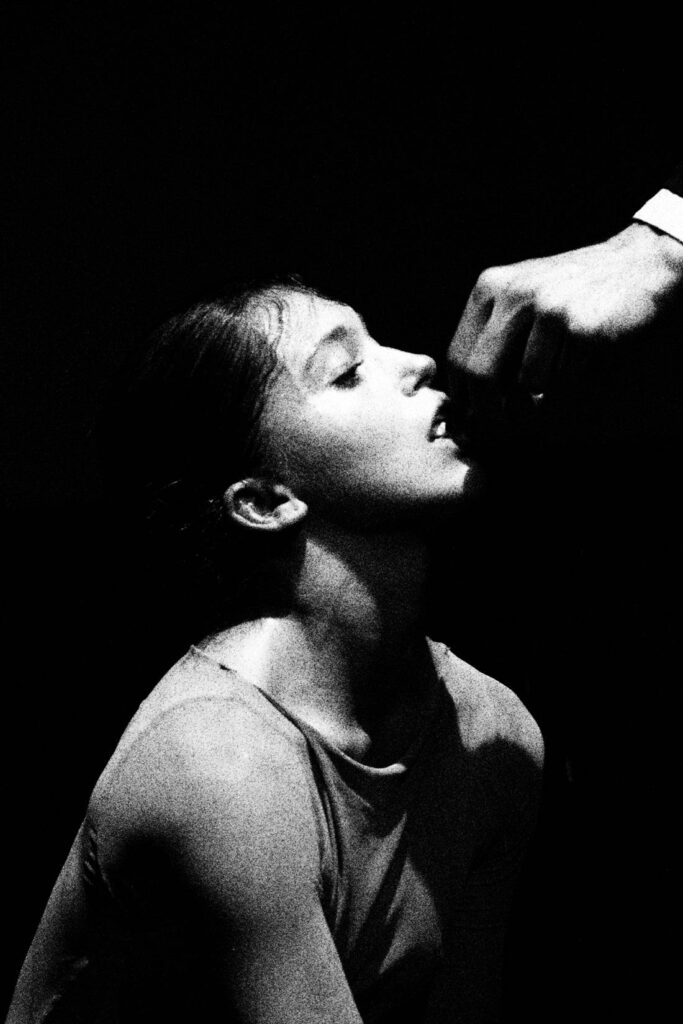
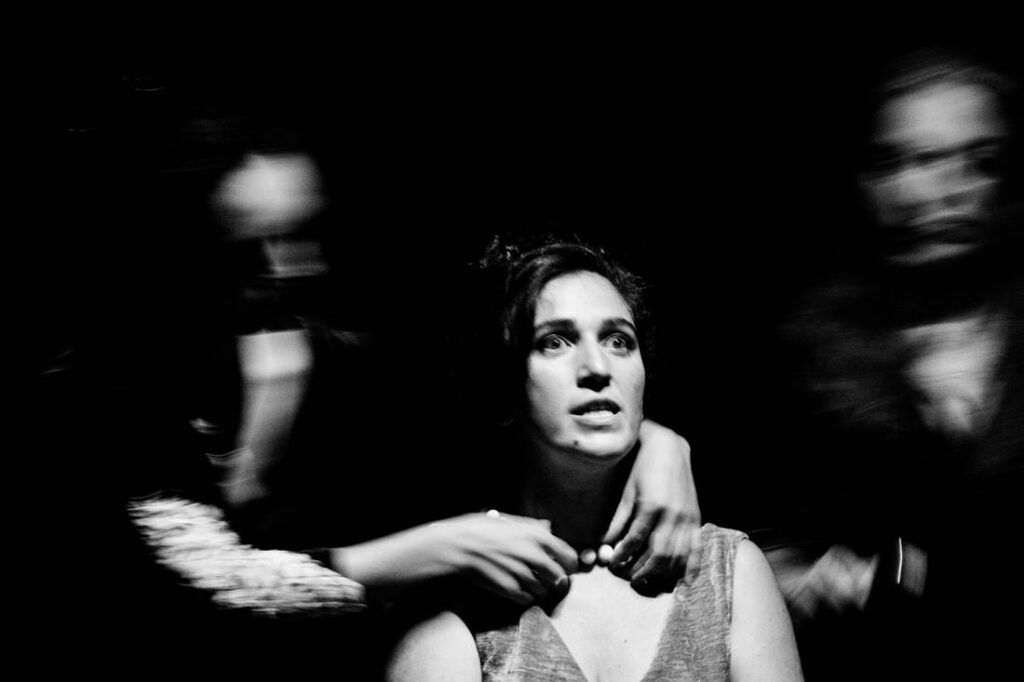
What grounds you when you’re not traveling or shooting?
Music. It’s the only thing – besides photography – that stirs my emotions in the same way. I also read a lot about photography. I study the photographers I admire, the ones who have shaped me without even knowing it.
When you’re not holding a camera, where are you most yourself?
Then I’m with my closest friends. The real ones – not many, but enough.
The Work & The Why
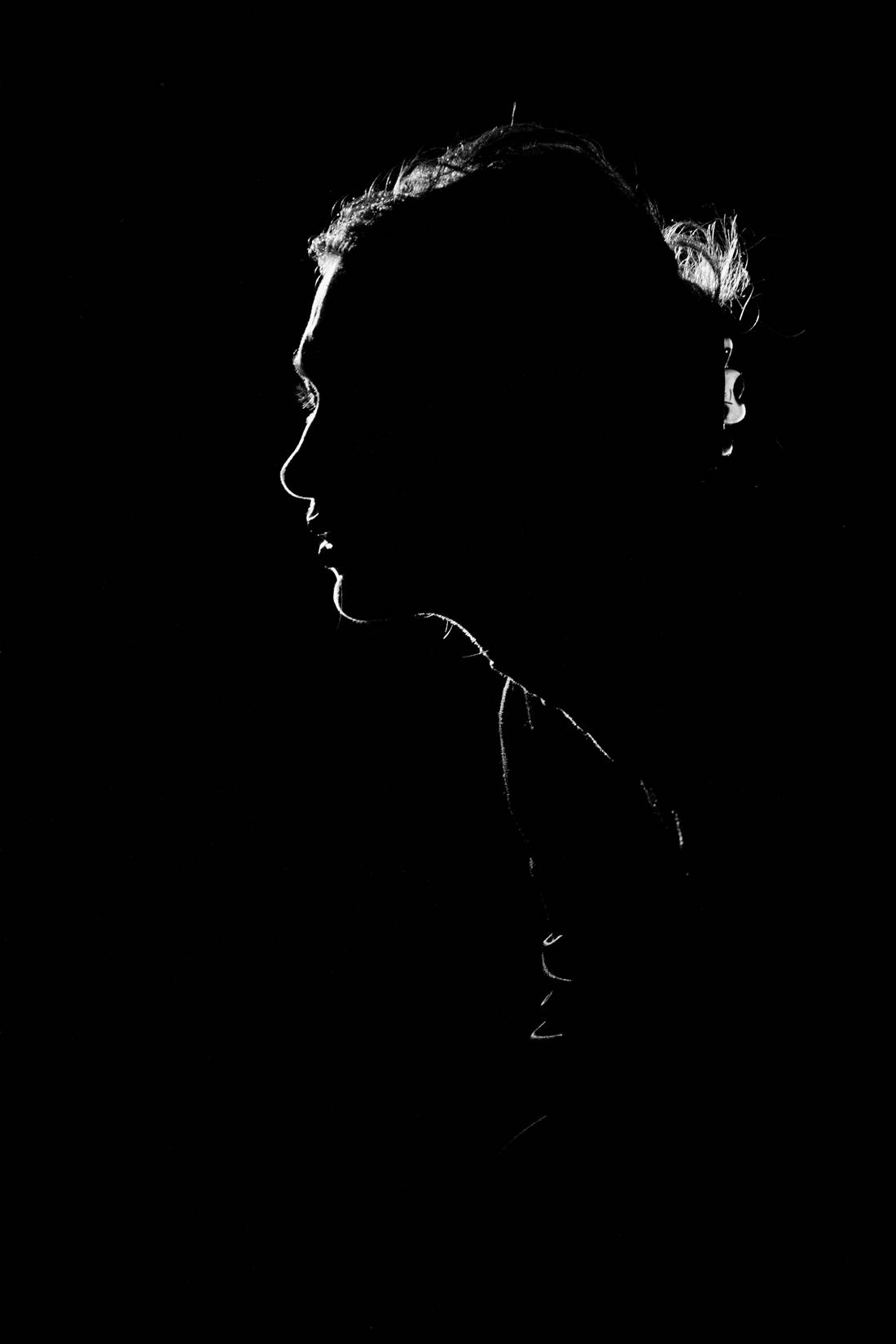
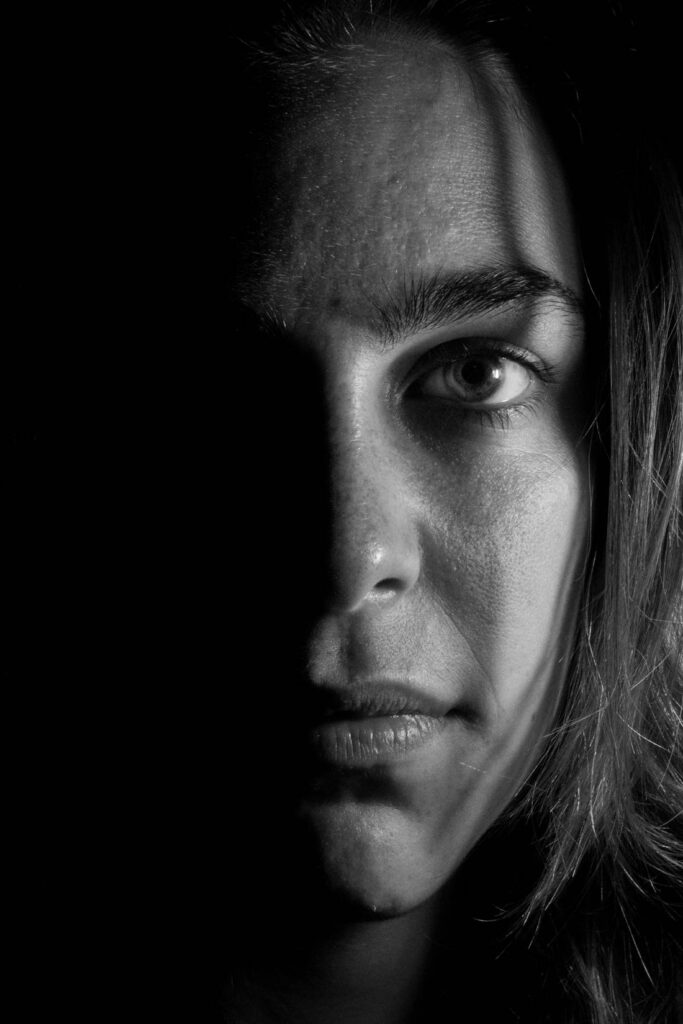
What’s something you’ve seen through your lens that you’ve never been able to forget?
Loneliness. Time slipping away. The slow burden of regret.
When you photograph, what part of you shows up that the world usually doesn’t see?
The most intimate, hidden part of me. The artist inside – the one who isn’t always recognized as such.
What questions are you chasing with your camera that you still haven’t answered?
I don’t know yet. I’m always chasing the next image. Every time I think I’ve taken the best photograph of my life, a few days later, I make one that proves me wrong.
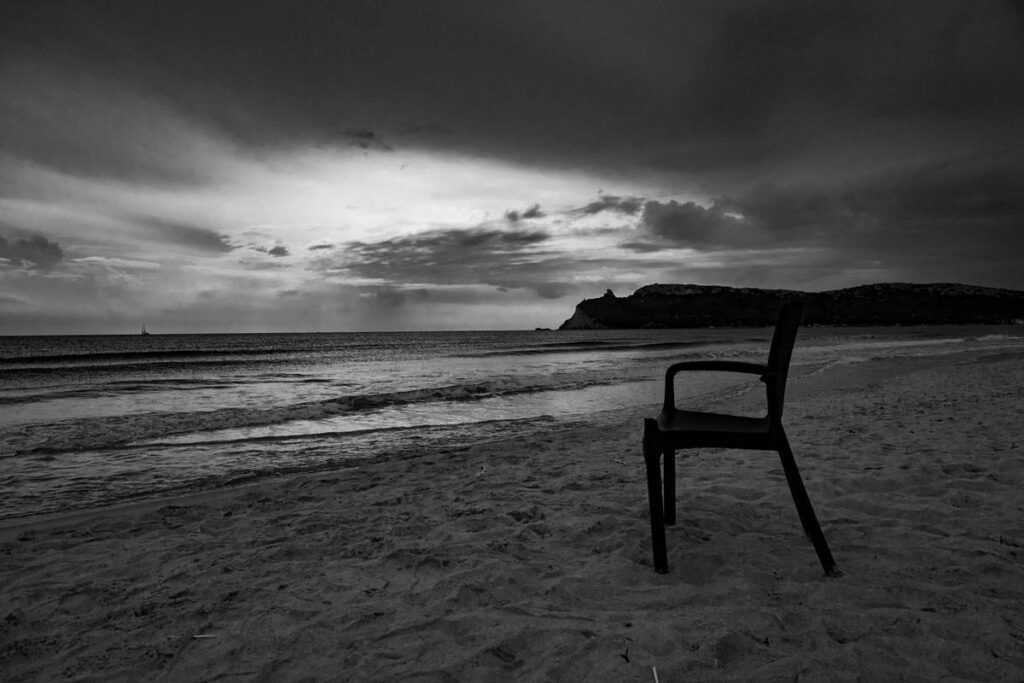
Is there an image you never took – but still think about? What held you back?
I was walking through a small village in Sardinia when I glimpsed, through an open door, an old man dining alone in the dark, a cat by his side. I was about to take the shot – but the moment was too sacred. Too beautiful and too tragic. I chose not to press the shutter. I still regret not taking it. And yet, I’m glad it lives in my memory.
The Philosophy
What do you wish people felt more often when they look at your work?
Emotion – of any kind. Joy, anguish, wonder, fear. I want people to really look at my photographs – without distractions. I want them to ask why I made that image, what I felt while making it.
In your view, what makes an image unforgettable?
The light – and the deep, absolute blacks. The extreme contrasts.
What’s the story you’re still learning to tell?
That nothing in life is to be taken for granted. That even the imperfect moments deserve to be seen. That beauty exists even in what seems broken. And that my reality – is just my way of seeing.
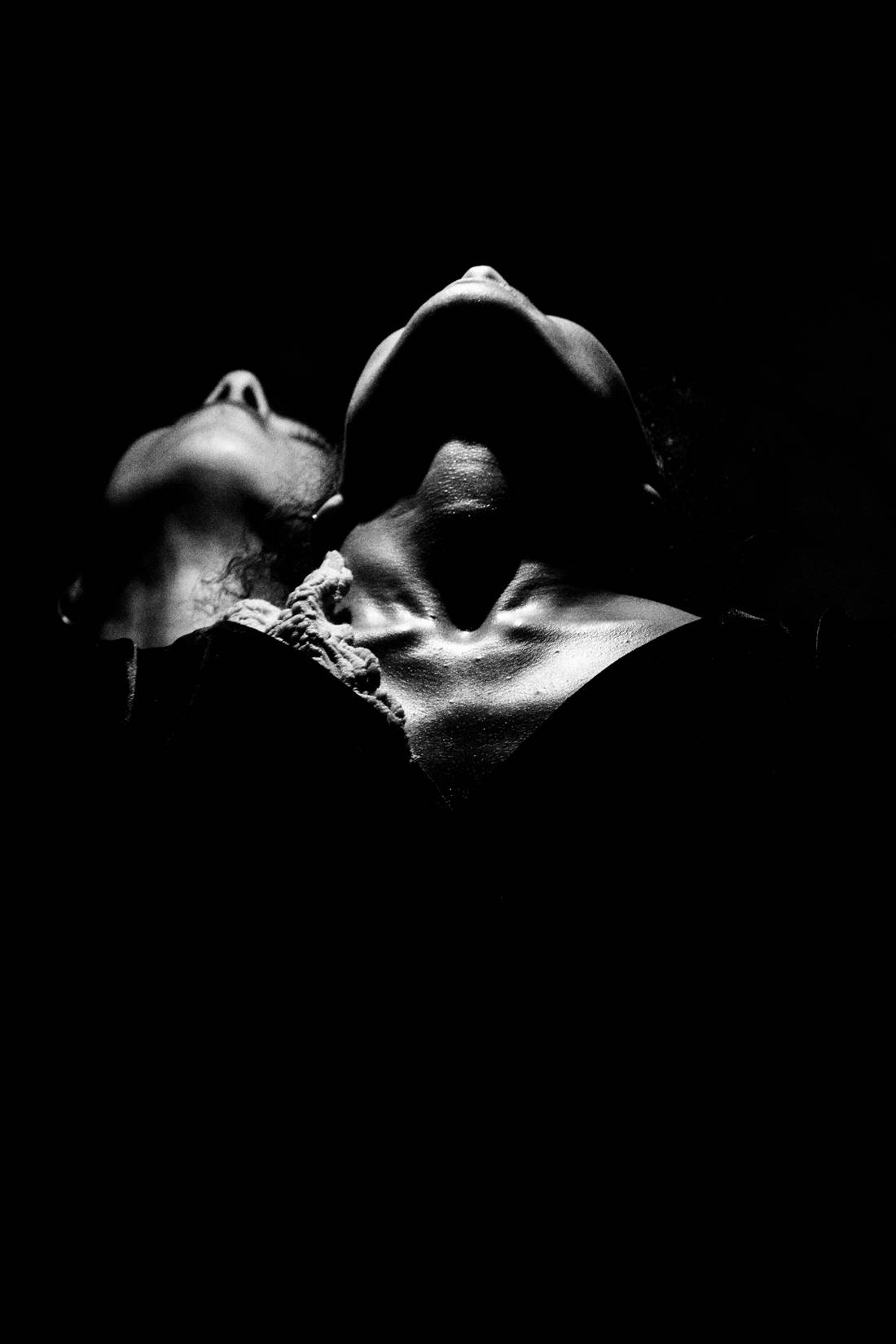
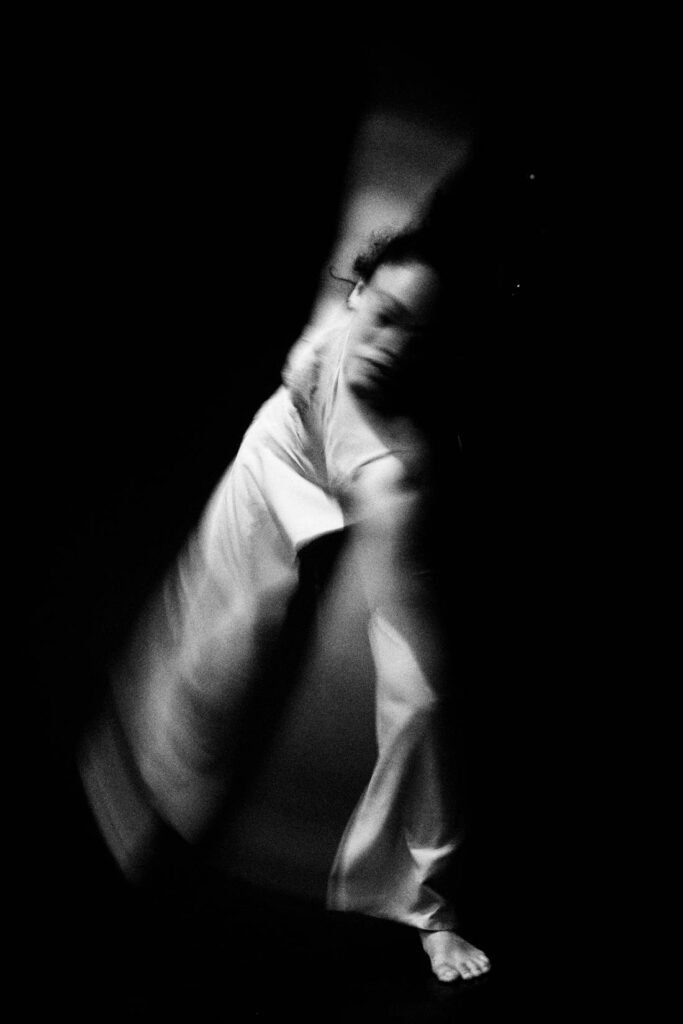
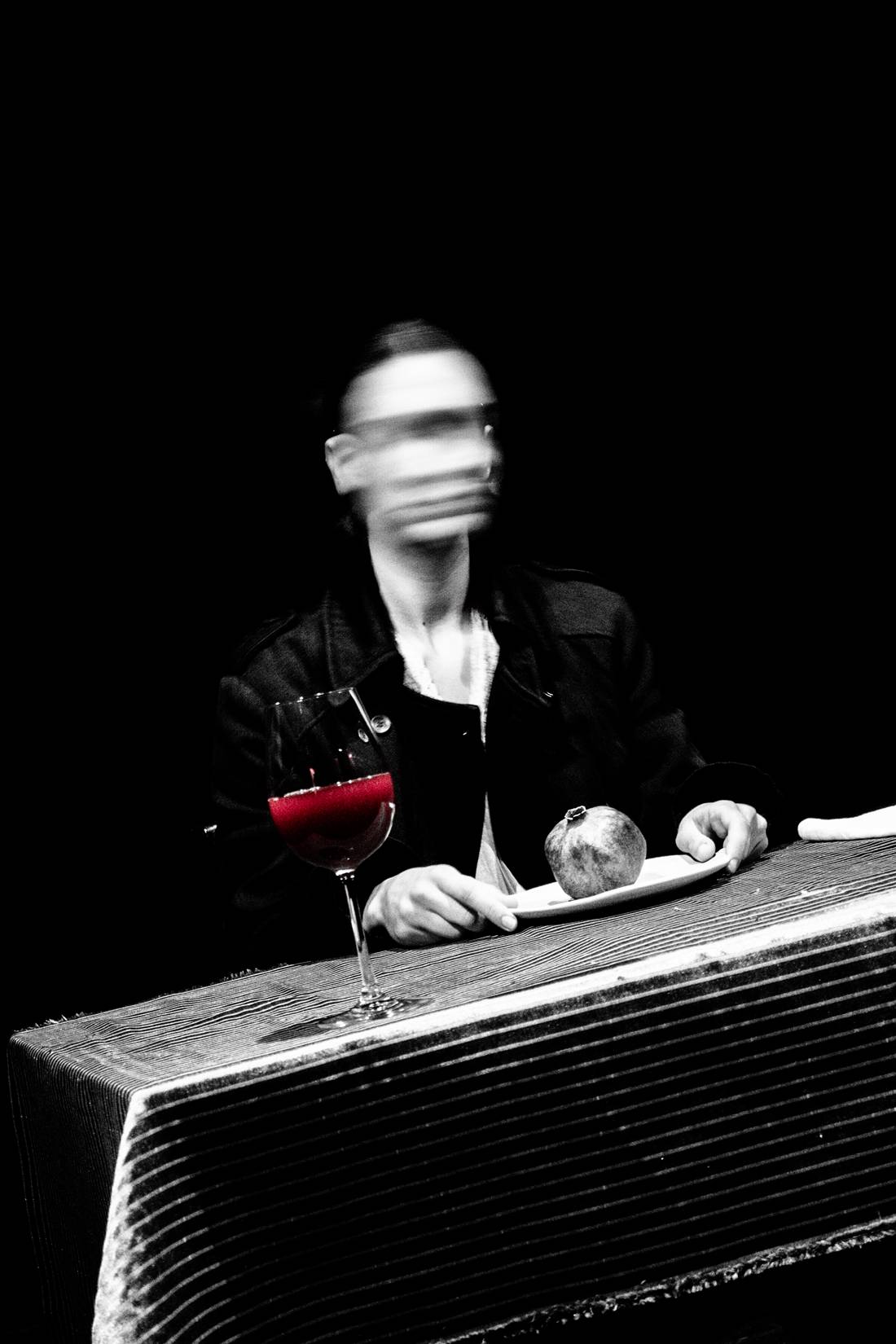
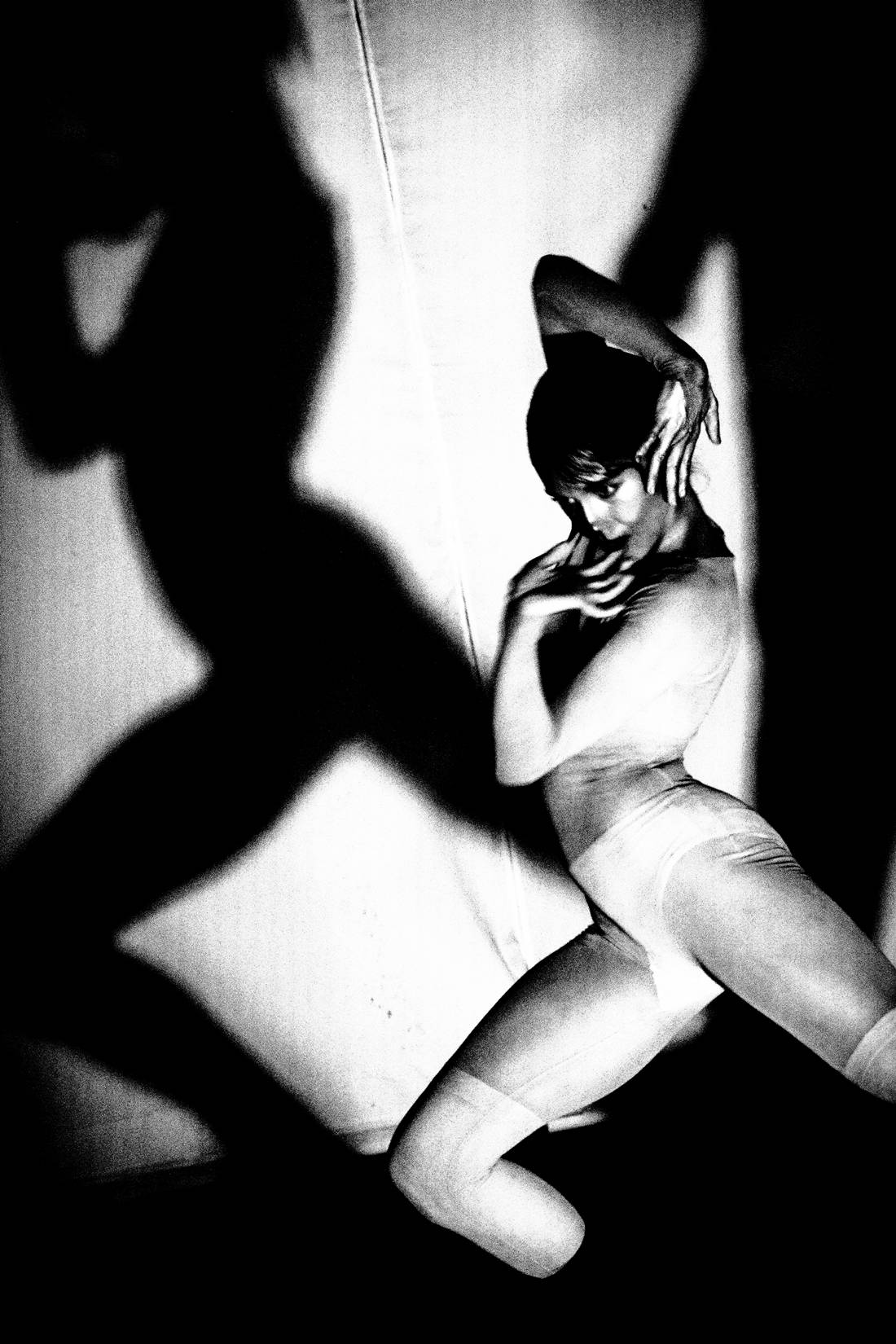
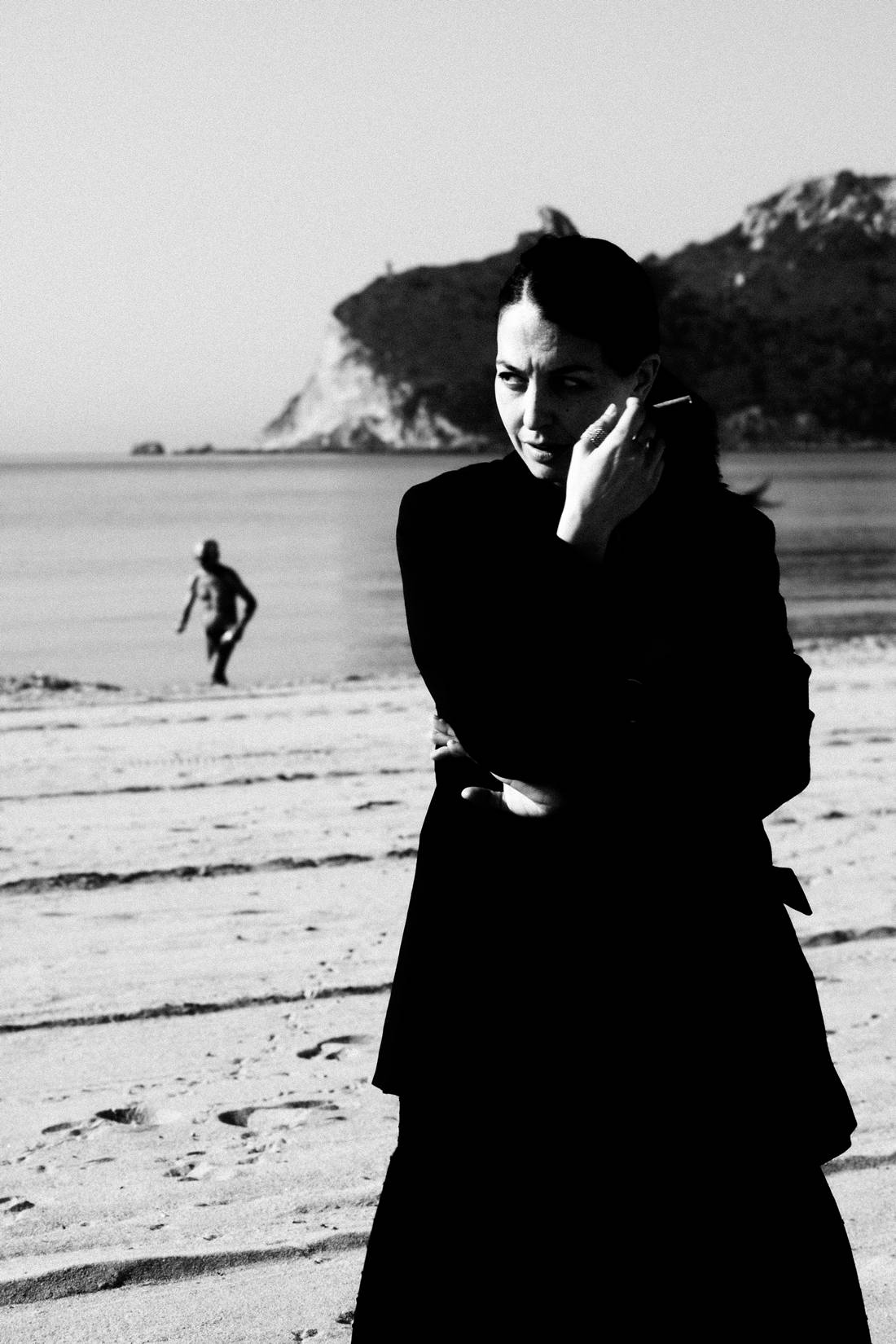
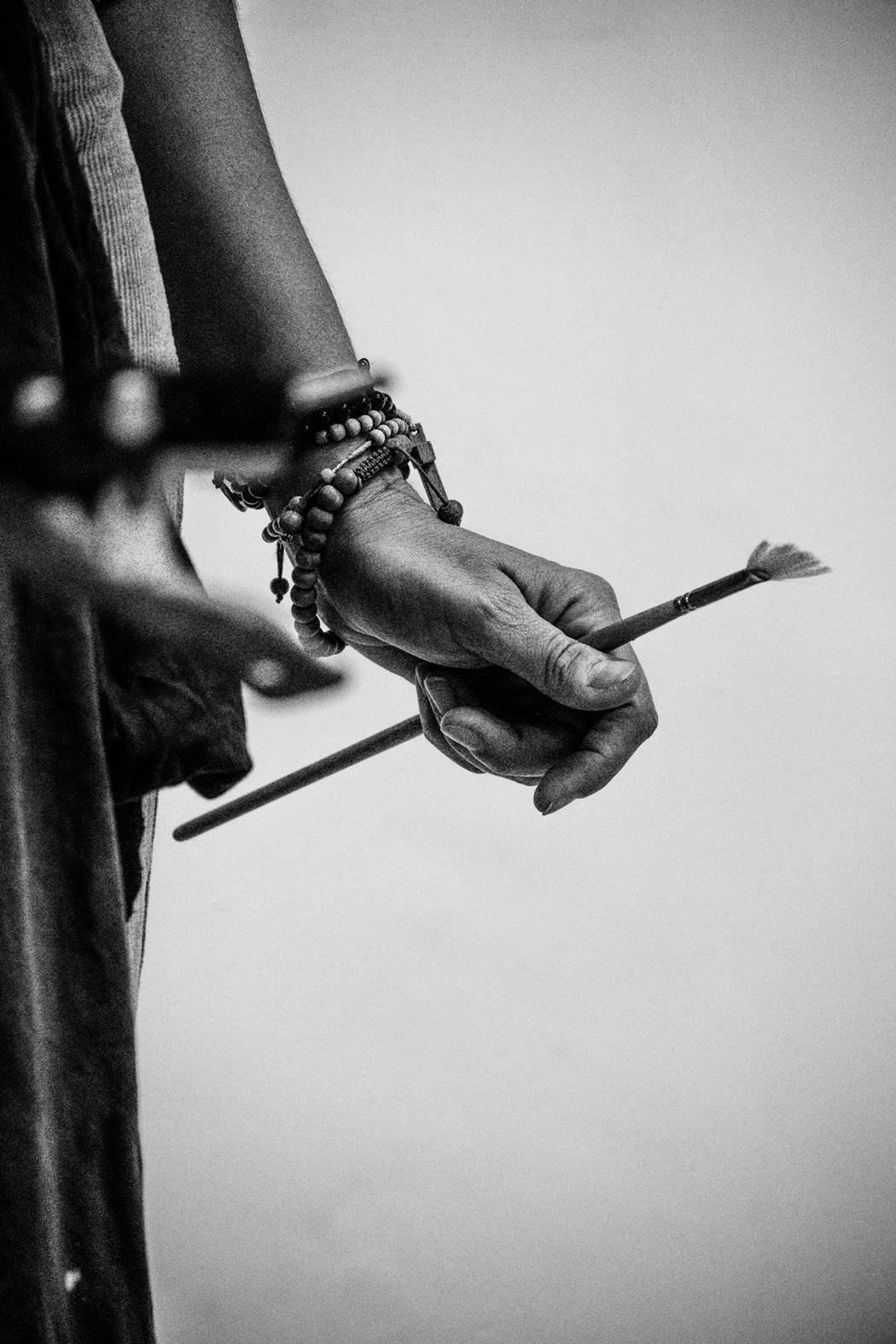
If you could gift only one of your photographs to someone a hundred years from now, which would it be – and why?
A black-and-white image I took twenty years ago. The sea, the clouds, the horizon – and nothing else. It’s the one that reflects who I am.
As our conversation draws to a close, Paolo leaves us with a thought that: nothing in life is to be taken for granted. Perhaps this is the thread tying his work together – not the pursuit of a perfect image, but the courage to see beauty in what is fragile, and unfinished.
In his words, photography is “an act of generosity.” In his images, that generosity becomes visible – a gift of emotion, memory, and truth. And as he continues to search for the next image that will outdo the last, we’re reminded why storytellers like him are Rare: because they never stop asking, and they never stop giving.
In his words, photography is “an act of generosity.” In his images, that generosity becomes visible – a gift of emotion, memory, and truth. And as he continues to search for the next image that will outdo the last, we’re reminded why storytellers like him are Rare: because they never stop asking, and they never stop giving.
A story of holding on to the shadows, the silences, and the truths we might otherwise overlook.
At Rare Storyteller, we see our role as listeners and keepers of stories. The words and pictures shared in this interview belong entirely to the artists – their truths, their visions, their ways of seeing. We are honored to provide the space where those voices can be heard.
Share:


 to the world.
to the world.